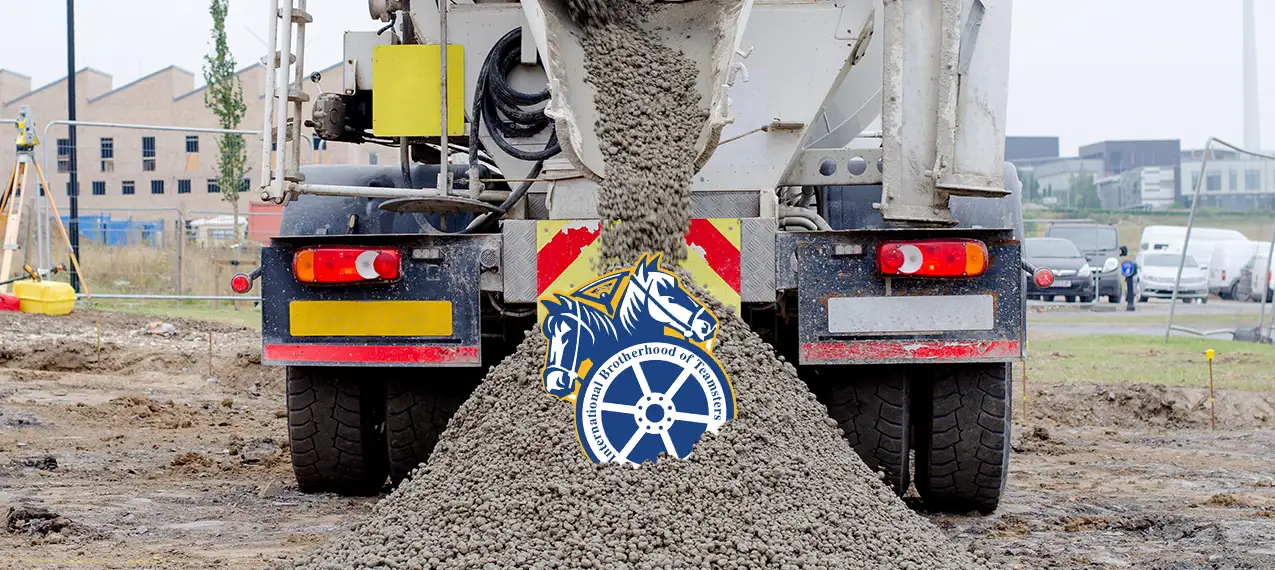
The Court yesterday released its decision in Glacier Northwest, Inc. v. International Brotherhood of Teamsters Local Union 174. The decision, rendered in favor of Glacier Northwest, Inc., vindicates the rights of employers, property owners, and state courts across the nation.
Glacier falls within a complex, historically-rooted area of labor law. Landmark has extensively documented this history in earlier articles on our blog. In short, to discourage violent disputes between labor and management, federal laws guarantee unions’ right to peacefully strike. To ensure these protections have teeth, the Court has held that the National Labor Relations Board (“NLRB”) preempts state courts as the venue for adjudicating labor disputes. Under the Court’s ruling in Garmon v. San Diego Bldg. Trades Council (1959), even labor conduct that was “arguably” protected by the National Labor Relations Act (“NLRA”) is covered by this preemption.
The Glacier majority reversed the Washington state Supreme Court, who had improperly ruled that a claim for destruction of property was arguably preempted under the NLRA. The majority opinion, authored by Justice Barrett, held that the union in this case failed to take “reasonable precautions” to prevent the destruction of property during their strike. Barring such precautions, their conduct placed the employers’ property in “foreseeable and imminent danger,” stripping the union of an arguable preemption defense at the NLRB.
Landmark is pleased that workers who set out to intentionally destroy property will no longer be able to hide behind the protections of the NLRA. Instead, these individuals will account for their malicious conduct in state courts – not federal administrative tribunals.
Nonetheless, the Court could have gone further in its decision. In our amicus brief for this case, Landmark emphasized that the Teamster’s tortious conduct should traditionally belong in state court jurisdiction. By emphasizing this “local interest exception” to Garmon preemption, the Court would have instituted a more robust deterrence against destructive union activity.
Beyond merely expanding the “local interest” carveout for tortious activity, Justice Thomas indicated that he would support overturning Garmon’s “arguable” preemption doctrine altogether. In his Glacier dissent, Justice Thomas quotes Justice Harlan’s Garmon concurrence, which questioned such a broad preemption doctrine that strips States of their ability to provide “effective remedy under their own laws for… tortious conduct.” Justice Thomas’ opinion, joined by Justice Gorsuch, invites future challenges to Garmon.
Meanwhile, in writing for the majority, Justice Barrett’s opinion embodies the sort of judicial “minimalism,” in the vein of Chief Justice Roberts’ oeuvre. Perhaps her opinion was tempered by the inclusion of Justices Kagan and Sotomayor in the majority. But Justice Barrett genuinely seems to be developing into a more tempered jurist, someone more content to move the law by inches rather than yards.
Indeed, the 5-3-1 split in this case evinced how the current Court is shaping into three different wings. Rather than two conservative and liberal blocs, it is more accurate to divide the bench between moderates (including Kavanaugh, Barret, and Chief Justice Roberts), liberals (Sotomayor, Kagan, and Jackson), and then the conservatives (Alito, Thomas, and Gorsuch). Far from the monolith portrayed in the left-wing press, this Court is staffed with a diverse array of perspectives.
Ultimately, Glacier will probably not have a seismic effect on future labor disputes. It will certainly not curtail the right to strike, as some alarmists had warned about the case. But the nature of this decision did illuminate several interesting trends going on at the Court.
As amici curiae, Landmark is honored to have secured the proper outcome in this case. We will continue to be on the lookout for further opportunities to weigh in on important labor and property issues as they come before the Court.
SUPPORT LANDMARK LEGAL FOUNDATION
We are truly facing existential threats to our individual rights and liberties, the Constitution, and our national character. If unchallenged, this assault on our very way of life will ruin our great nation. With your financial and moral support, Landmark is not going to let that happen without a fight. Will you join us?





